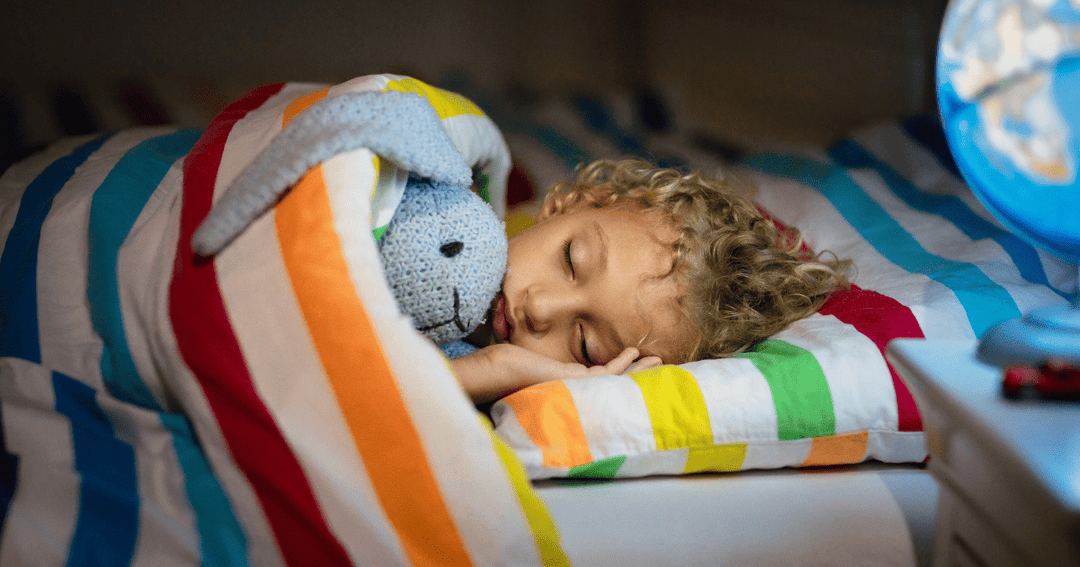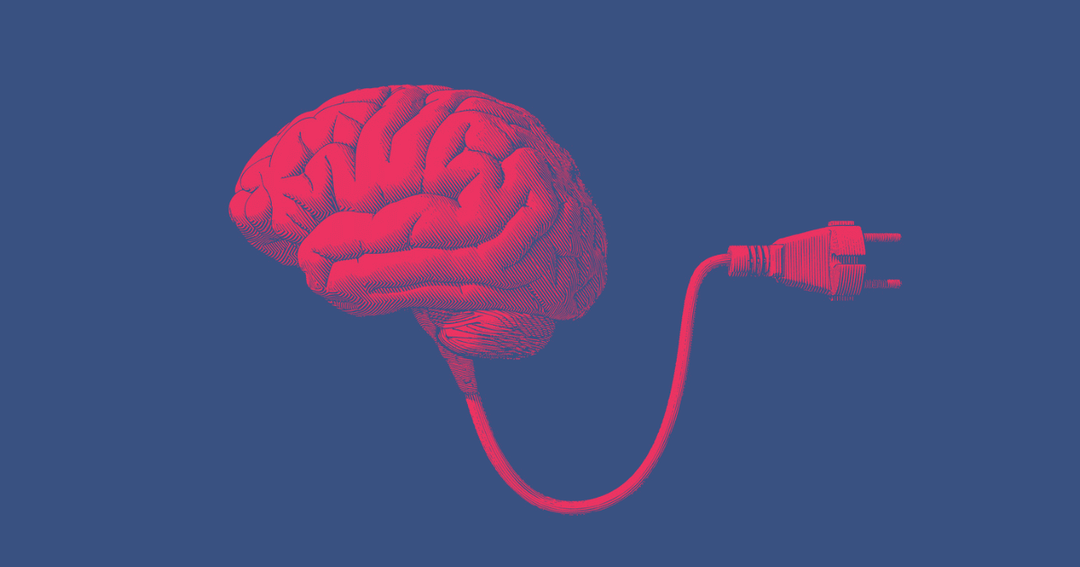Inflammation, Anxiety, and Sleep

Got insomnia? Inflammation and worry may be the root cause, and many are surprised to learn about the connection between inflammation and poor sleep.
Inflammation is how our body responds to injury and disease. When we get a cut or an injection, the immune system releases a flood of white blood cells, which then unleash cytokines and a variety of other inflammatory agents to take on the invader and safeguard the body. In a temporary situation, this is a great defense move. However, when inflammation is constant, it can be dangerous and increase the chances of strokes, heart disease, cancer, dementia, and insomnia.
In fact, insomnia or sleep deprivation is a major marker of chronic inflammation. It has been linked to inflammation markers, including an uptick in interleukin-6, cytokines, C-reactive protein, and many more. Those who have been struggling with sleep and get their inflammation levels tested might find that their body is in a constant state of battle.
Of course, there can be other causes of inflammation beyond lack of sleep, such as obesity, stress, and smoking, but it’s well-known that insomnia is a major trigger. No wonder those with insomnia are at a higher risk of high blood pressure, cardiovascular disease, and a myriad of other conditions.
The Why Behind the Science
There are various theories on the connection between inflammation and lack of sleep. One of these theories takes a look at the blood vessels. When we’re asleep, our blood pressure lowers, and the vessels relax (which is why we get cold when we’re asleep).
Without enough sleep, our blood pressure isn’t allowed to lower like it should. This could trigger the cells in the blood vessel walls to kick-start inflammation. Our body’s stress response system is also going to be affected by sleep (or lack thereof). Strokes are the fifth most common cause of death in the country and a major disability cause.
Also Read: Sleep Debt: What Does It Really Mean for Your Well-Being?
Lack of sleep or not getting enough sleep is also going to affect the lymphatic system of the brain. This is the “house-cleaning system,” and in our deep sleep phases, we have a rush of cerebrospinal fluid in the brain. It gets rid of beta-amyloid proteins that are associated with damaged brain cells. If we don’t get enough sleep, this system just can’t do its job, and inflammation occurs.
This quickly leads to a negative bi-directional relationship where beta-amyloid accumulates in the brain and impairs our non-REM sleep. This cycle means it’s both hard to sleep and keep our memory in check.
Anxiety and Sleep
If we’re anxious and worried, it’s tough to sleep. However, with a lack of sleep, we are more inclined to be anxious and worried. This is another vicious cycle that can seem hard to break. Everyone feels anxious from time to time, but there is also diagnosable anxiety should be treated by a professional. Still, if you want to get your worries—and inflammation—under control at home, we might just have the solution for you.
Sip2Sleep®. It is made of two natural ingredients. Montmorency tart cherry extract helps reduce inflammation, while Venetron®, also derived from plants, is an organic anxiety buster.
Many people struggle with poor sleep off and on (or chronically) for years. Acute insomnia is short-term and caused by issues such as jet lag. But just one bad night of sleep can increase our beta-amyloid levels. This can be compensated by our bodies, but not so if it’s an ongoing issue. When this occurs, the brain’s integrity suffers, making people especially prone to Alzheimer’s disease.
Simply put, poor sleep is going to cause a myriad of issues if not addressed. Increasingly, people want solutions with no side effects and no risk of addiction. That’s what you can get with Sip2Sleep®. This drinkable supplement is easy to squeeze into even the busiest of evening schedules.
Also Read: Not Getting Enough Deep Sleep? Study Links 27% Higher Risk of Dementia to Poor Sleep
Take it right before bed to enjoy a non-groggy nighttime and a refreshed morning. It’s best paired with other good sleep hygiene practices, such as avoiding screen time and heavy meals before sleep, reading a book, meditating, taking a bubble bath, or practicing gentle yoga.
If you think you have a sleep disorder, schedule a consultation with a sleep doctor, but know that Sip2Sleep® can be used by anyone who wants to catch the zzz’s they need.







